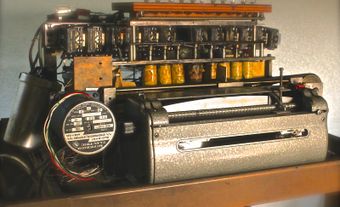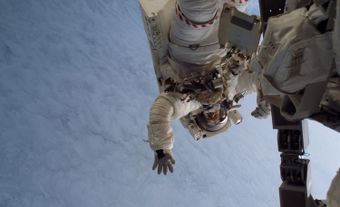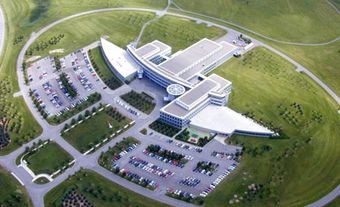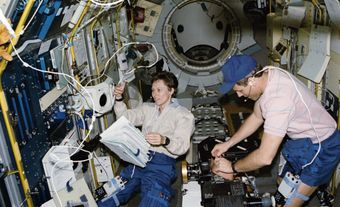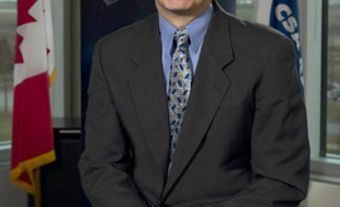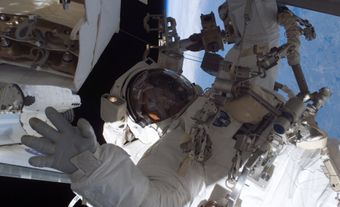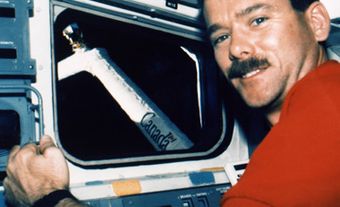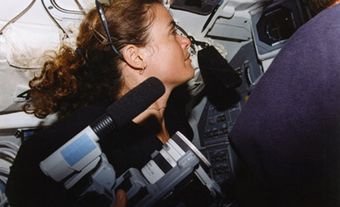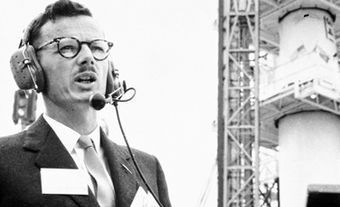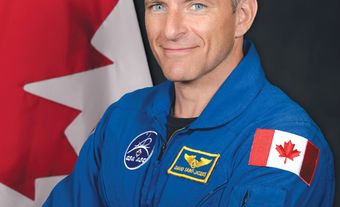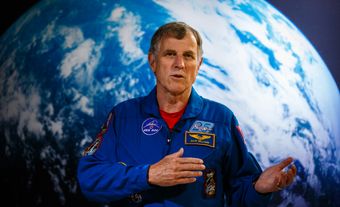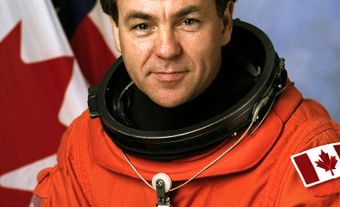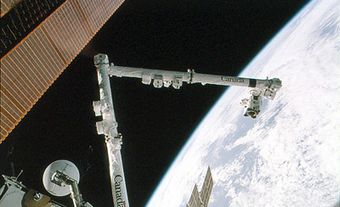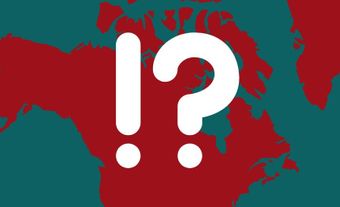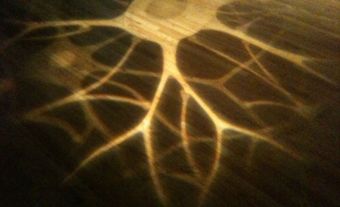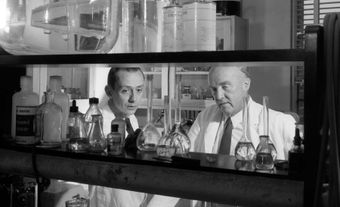Robert (Bob) Brent Thirsk, OC, OBC, engineer, astronaut (born 17 August 1953 in New Westminster, BC). In 1983, Robert Thirsk was one of six Canadians selected by the National Research Council to join the Canadian astronaut corps (see Canadian Space Agency). In 2009, he became the first Canadian astronaut to take part in a long-duration mission while on-board the International Space Station (ISS). In addition to his career as an astronaut, Thirsk has served as Vice-President of Public, Government and Institute Affairs for the Canadian Institutes of Health Research (2012-14) and was the University of Calgary’s 13th chancellor.

Education
Robert Thirsk studied at the University of Calgary and earned a Bachelor of Science in Mechanical Engineering in 1976. In 1978, he completed a Master of Science in Mechanical Engineering at the Massachusetts Institute of Technology. He later received a Doctor of Medicine and Master of Surgery from McGill University in 1982. Thirsk also completed a Master of Business Administration from the MIT Sloan School of Management in 1998.
Career as an Astronaut
In 1983, the National Research Council launched the first campaign to recruit Canadian astronauts (see Canadian Space Agency). Robert Thirsk applied to the recruitment campaign and was selected to join the Canadian astronaut corps in December 1983. At the time of his selection, he was working as a resident in family medicine at the Queen Elizabeth Hospital in Montreal.
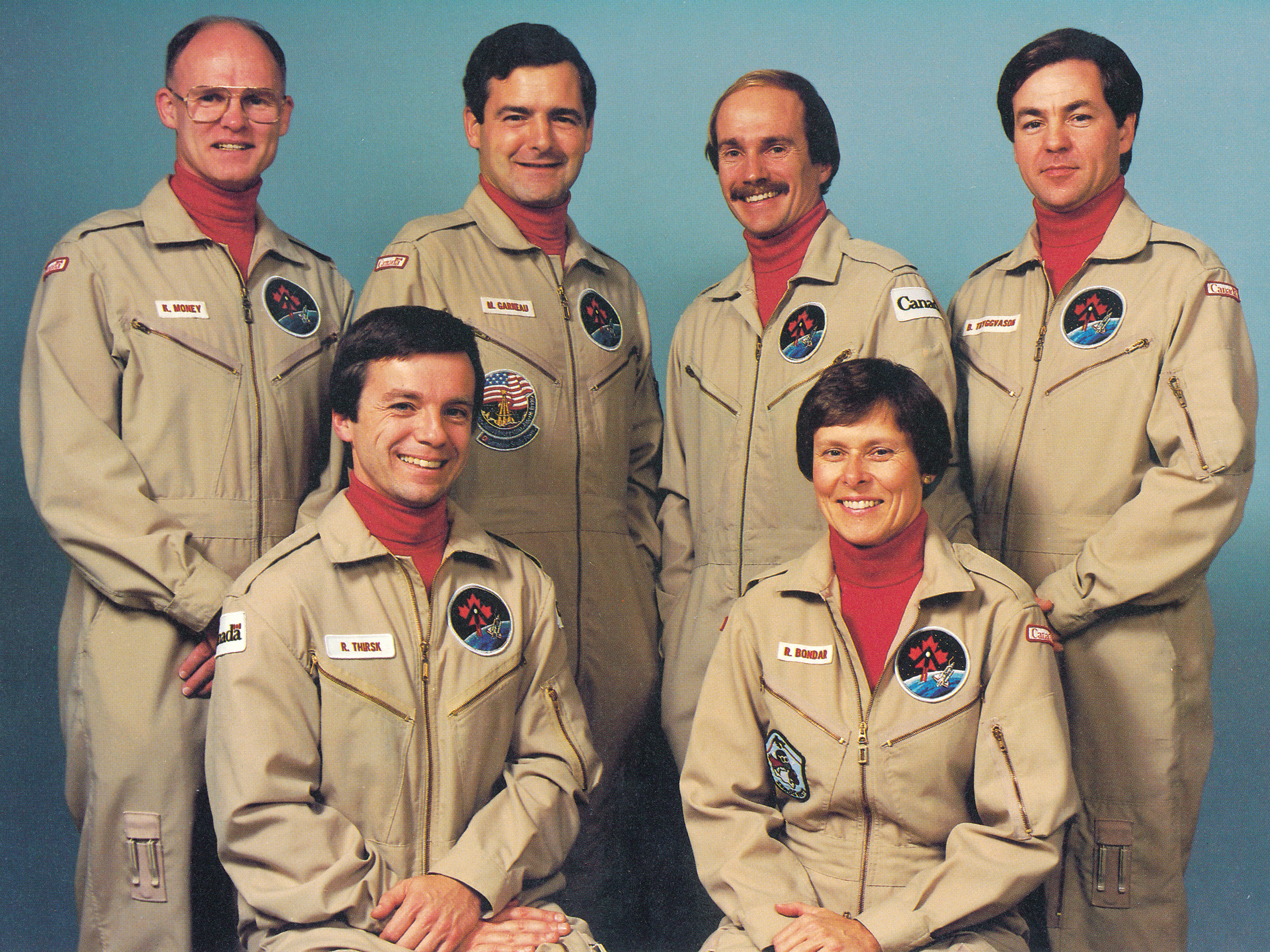
Training and Experience
In February 1984, Robert Thirsk began his astronaut training. By October of that year, he was assigned as back-up payload specialist to Canadian astronaut Marc Garneau for space shuttle mission STS-41-G. In 1998, he reported to NASA’s Johnson Space Center in Houston, Texas to train as a mission specialist. Thirsk also trained at the Yury Gagarin Cosmonaut Training Centre near Moscow. After becoming certified as a flight engineer for the Soyuz spacecraft, he was appointed back-up flight engineer for the Soyuz 10S taxi mission to the ISS in 2005.
Thirsk has also served as crew commander for two space mission simulations. These include the 1994 CAPSULS mission and the 2004 NASA Extreme Environment Mission Operations (NEEMO 7). As part of NEEMO 7 Thirsk and his crewmembers spent 11-days in the underwater Aquarius laboratory located off the coast of Florida.
Space Flight Missions
From 20 June to 7 July 1996, Thirsk served as payload specialist aboard the space shuttle Columbia for mission STS-78, the Life and Microgravity Spacelab (LMS) mission. During this mission, Thirsk and the space shuttle crew, completed 43 experiments related to life and materials sciences (see Science; Engineering). The Torso Rotation Experiment (TRE), a Canadian study that investigated motion sickness, was one of the experiments conducted during the mission.

In 2008, Thirsk was assigned to the crew of Expedition 20/21 and on 27 May 2009 he and his crewmates were launched to the ISS. While on-board the ISS, Thirsk served as crew medical officer and conducted scientific experiments. Thirsk was on board the ISS for six months, making him the first Canadian astronaut to take part in a long-duration mission.
Did you know?
Robert Thirsk was awarded an honorary Doctor of Laws from the University of Calgary while working on the ISS in 2009.
Later Career
Robert Thirsk resigned from the Canadian Space Agency in 2012 and joined the Canadian Institutes of Health Research as Vice-President of Public, Government and Institute Affairs. He retired from this position in 2014. Thirsk also served as chancellor of the University of Calgary from 2014 to 2018. He continues to share his expertise by participating on various boards and speaking engagements.
Select Honours and Awards
In 2003, Robert Thirsk was featured on a postage stamp as part of a Canada Post series that celebrated Canadian astronauts. The Robert Thirsk High School in Calgary, Alberta was named in honour of the astronaut. In addition to these honours, Thirsk has received numerous awards:
- NASA Space Flight Medal (1996)
- Honorary Doctor of Laws, University of Calgary (2009)
- NASA Space Flight Medal (2009)
- NASA Distinguished Public Service Medal (2009)
- Outer Space Exploration Medal of Merit, President of the Russian Federation (2011)
- Member, Order of British Columbia (2012)
- Sandford Fleming Medal and Citation, Royal Canadian Institute for Science (2012)
- Queen Elizabeth II’s Diamond Jubilee Medal (2012)
- Officer, Order of Canada (2013)
- Gold Medal and Honorary Fellow, Royal Canadian Geographical Society (2014)
- Honorary Doctor of Engineering, Carleton University (2019)
- Honorary Doctor of Science, McGill University (2021)

 Share on Facebook
Share on Facebook Share on X
Share on X Share by Email
Share by Email Share on Google Classroom
Share on Google Classroom
